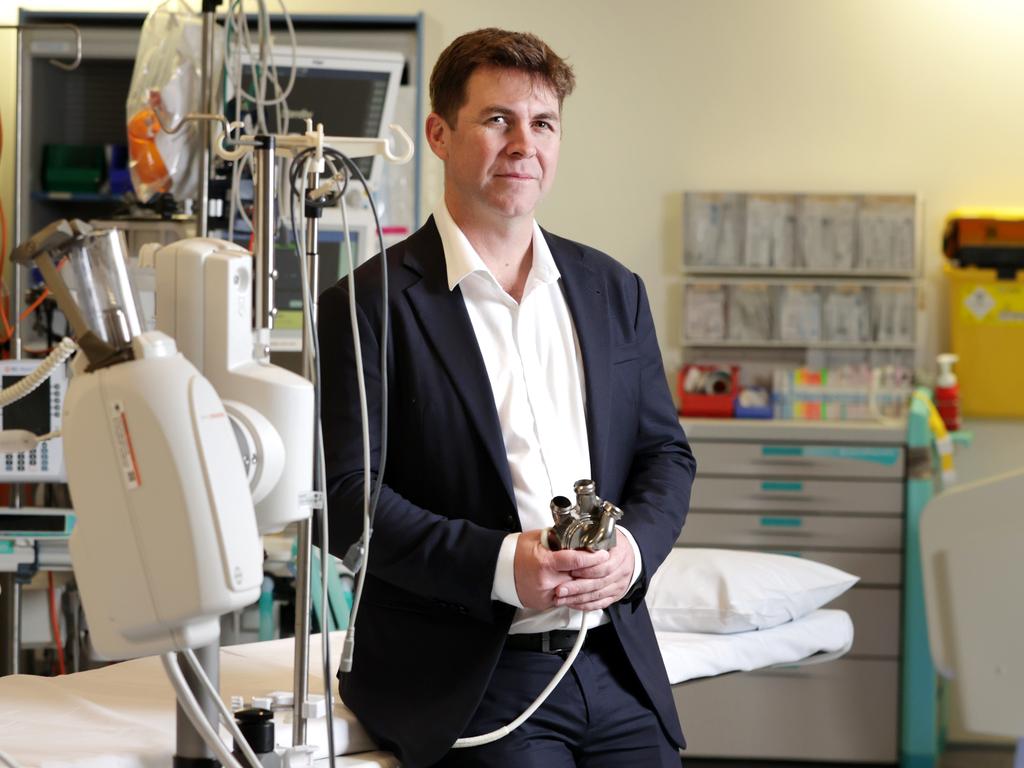Six things you need to know about health insurance before you move
Confused? Health insurance is crucial and complex, but it gets easier if you grasp a few key details. This is what you need to consider.

Here are the traps to avoid and advantages to look for when switching your health insurance.
1. Unless you take out private health insurance you will be penalised
The tax system is designed to penalise those who don’t take out private health insurance; the penalties are enshrined in the Medicare levy surcharge.
The surcharge is an additional minimum1 per centon your taxable incomescaled up depending on how much you earn: singles earning more than $97,000 without private hospital cover are the first rung on the ladder and the penalty climbs as salaries go higher.
Alongside the surcharge is lifetime health cover loading, which is designed to make people take out cover earlier in their lives. The loading affects you if you get to your 31st birthday and still don’t have cover. Once you cross that age threshold you pay an extra 2 per cent on your premium for every year you’re without hospital cover. The loading does not actually run for a lifetime: in reality it is for 10 years.

2. Don’t forget Medicare
Most controversy about the cost to consumers of our national health system concerns private health coverage. Running separately to the private health system is the Medicare public healthcare system, which remains stable and broadly reliable for all public health services delivered in public and private hospitals. The balance between private and public users remains largely unchanged at nearly 45-55 for the past decade.
Medicare allows you to access subsidised GP services, medical services and diagnostic services.
It also allows a range of surgeries and procedures but you will almost certainly have to wait longer to access these services than if you used private healthcare to do so. Everyone has access to Medicare, but bulk billing has declined notably across the past decade while out-of-pocket expenses have increased.
3. You can self-insure
It is possible to approach health insurance as a self-funded patient by accessing Medicare and paying for health-related costs on a pay-as-you-go basis. In doing so the tax penalties relating to the Medicare levy surcharge and lifetime health coverage loading remain in place, but not all Australians have sufficient income or salary to be exposed to these penalties.
Older Australians, especially self-funded retirees, often will move to self-insure in relation to life insurance since their longevity risk is higher and their ability to fund costs is better than average.
However, when it comes to health insurance the opposite is the case – the older you are, the higher your medical bills, the more you will be dependent on health insurance. A small number of younger professionals who are well organised, very healthy and constantly across their personal finances are operating as self-insured inside the health system, but it is not recommended for most people.
4. Call an ambulance! No, wait – are you covered?
Unfortunately, ambulance services in Australia are state-based and you may or may not be covered even if you have private health cover. With more than 140 ambulance call-outs each year per 1000 people, the statistics suggest the chances you will need an ambulance are higher than you think.
Check your private health cover, the fund may cover ambulance call-outs. If it does not cover this risk then you can take out specific ambulance cover for a low fee, often subsidised by your state government. An ambulance call-out will cost more than $1300, while cover comes at about $100 a year for a single person.
5. Surgeons increasingly are making decisions based on money
The Australian’s health editor Natasha Robinson reported earlier this year: “The nation’s top surgical college has revealed that some privately insured patients are being left in pain and uncertainty as specialists’ theatre lists are cancelled or hospitals abandon completely certain surgeries deemed too unprofitable.”
Any report of surgeons selecting surgeries on the basis of how lucrative the operation might be would have turned heads. But when the reports were backed up by the Royal Australasian College of Surgeons (which wants more government support for private hospitals) it is now clear the private hospital system is at an inflection point where some facilities may close if funding arrangements don’t change.
6. Insurers increase their charges every year, but next year could hurt
Insurers lift their charges every year. There is always debate about these increases, which must be approved by the government. With inflation running at 3.5 per cent a year, the annual rate lifts of about 3 per cent are not outlandish. However, those annual rates are average and you may have paid more.
Either way, in April (when new charges are announced each year) the big insurers are looking for increases next year that are closer to 6 per cent – or double the annual increases we have seen in recent years.





To join the conversation, please log in. Don't have an account? Register
Join the conversation, you are commenting as Logout